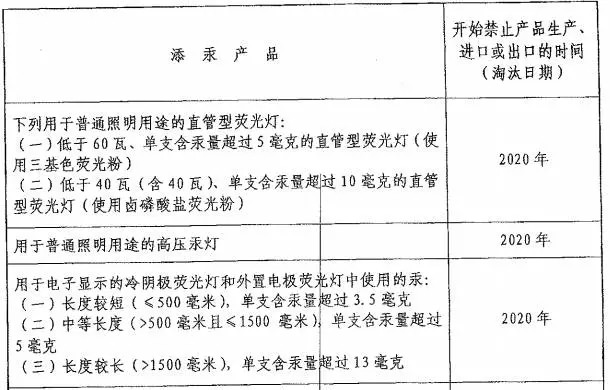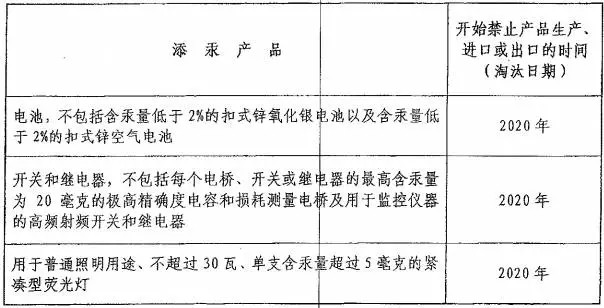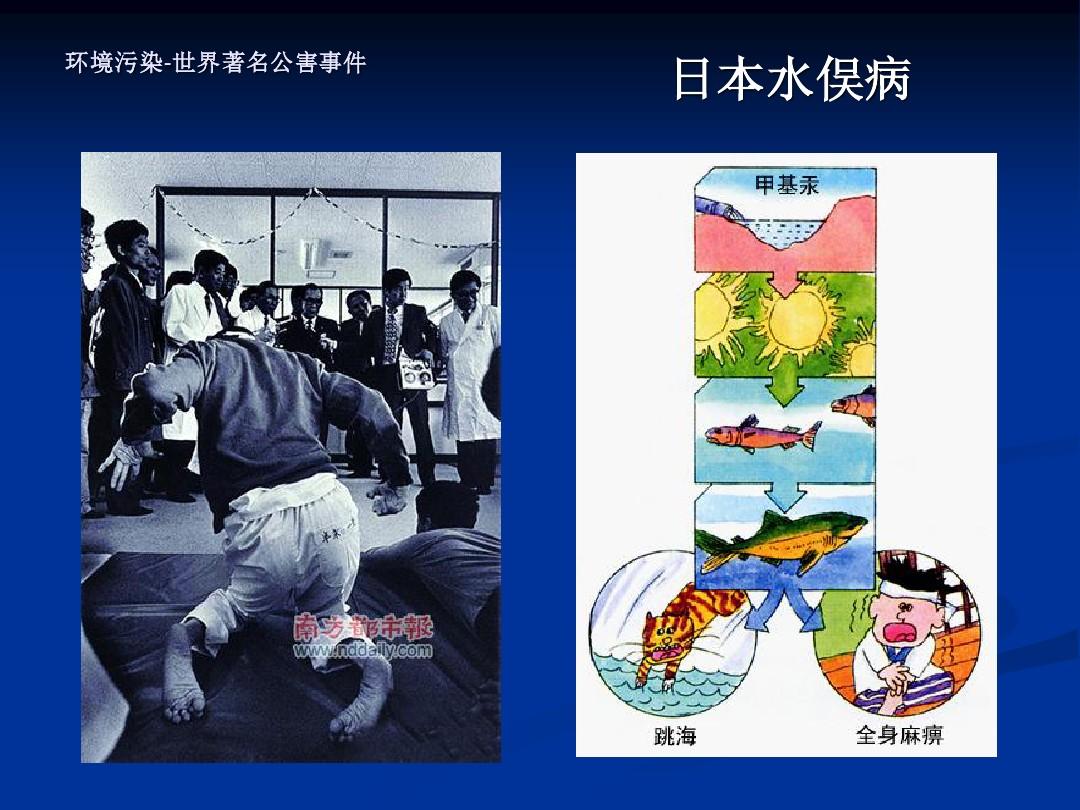What is the relationship between the Minamata Convention and LED? You don't know that fluorescent lights will quit the stage of history in 2020.
The otter is a city in Japan, with serious mercury pollution incidents in the mid-20th century. Mercury is a heavy metal commonly known as "mercury" and is a toxic substance. On January 19, 2013, the United Nations Environment Program adopted the Minamata Convention, an international convention for the control and reduction of mercury emissions worldwide, with detailed provisions on specific limits to reduce the environmental and human health caused by mercury. damage.
The Minamata Convention has issued a list of restrictions on mercury emissions. The first is the restriction on mercury-containing products. Mercury-containing products that are banned from production and import and export by 2020 include batteries, switches and relays, certain types of fluorescent lamps, soaps and cosmetics.
Representatives from 92 countries and regions including China finally signed the Minamata Convention. On October 11, 2013, the United Nations Environment Program's Diplomatic Conference on the Minamata Convention, hosted by Kumamoto, Japan, closed. This means that the global joint initiative to jointly control mercury pollution has taken another step.
As the first signatory countries of China, the Minamata Convention clarifies that the corresponding mercury-added products should complete their production and import and export elimination by 2020, and the Minamata Convention was adopted by the 12th National People on April 28, 2016. Approved by the 20th meeting of the Standing Committee of the Congress, it will enter into force in 2020.
Fluorescent lamp products and high-pressure mercury lamps are listed as restricted and eliminated by the Minamata Convention. The lighting products involved include compact fluorescent lamps for general lighting applications, straight tube fluorescent lamps for general lighting applications and for general lighting applications. The high-pressure mercury lamp, the specific prohibition on the production, import or export time requirements of the product is as follows:


At present, the restrictions on the relevant products in the Convention in China's national standards are stricter than the requirements of the Convention. With the maturity and wide application of LED lighting technology, the production and sales of mercury-filled fluorescent lamps will gradually shrink with the changes in the market.
Mercury is a naturally occurring element found in air, water and soil. The World Health Organization website shows that human activities lead to persistent mercury emissions in the environment, and the presence of mercury in the food chain and its adverse effects on humans are of concern. “Exposure to mercury, even small amounts of mercury, can cause serious health problems that threaten the development of the fetus and young children. Mercury can have toxic side effects on the nervous, digestive and immune systems, as well as the lungs, kidneys, skin and eyes. â€
According to public information, mercury pollution incidents in Japanese leeches in the mid-20th century were the first public nuisance caused by industrial wastewater discharge pollution. At least 50,000 people in Japan have been affected to varying degrees, confirming more than 2,000 "water rickets". "Water lice" reached its climax in the 1950s, and brain damage, paralysis, incoherence and paralysis occurred in severe cases.


Torque Sensors,Proximity Torque Sensor,Steering Torque Sensor,Power Steering Torque Sensor
Xiaogan Yueneng Electronic Technology Co., Ltd. , https://www.xyeloadcell.com